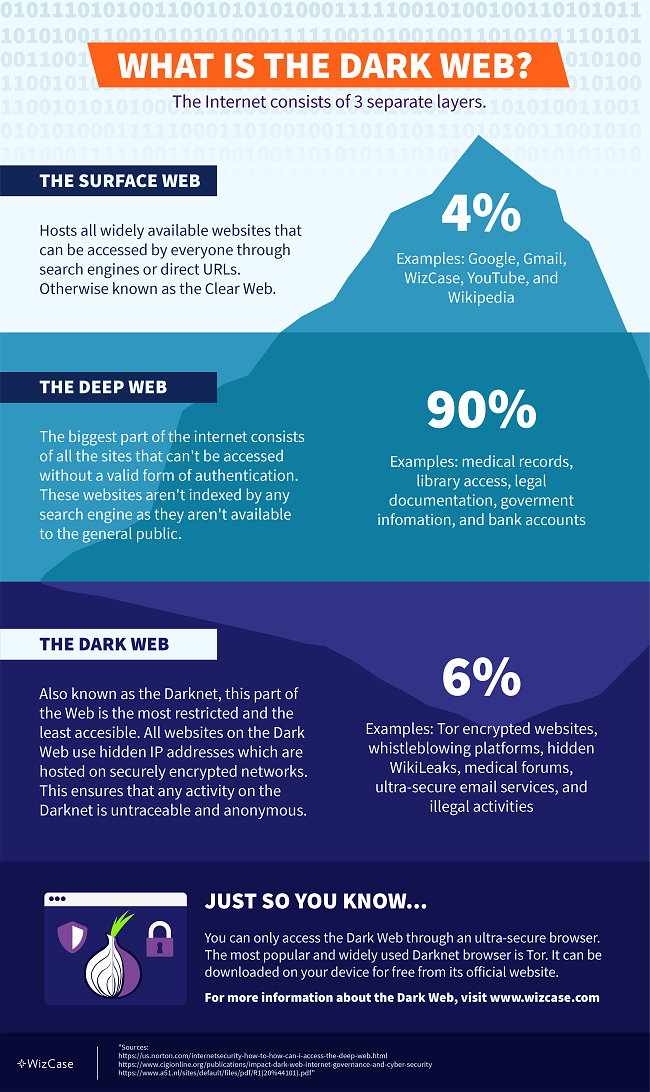Appealing Risks: The Mentality Behind Darknet Purchases

In recent years, the shadow web has intrigued a broad audience, capturing attention not just for its secrecy but also for the special acquisition possibilities it provides. Concealed beneath layers of security, the hidden web hosts a multitude of markets where goods and services, many of them illegal, can be bought and sold without the watchfulness of the mainstream internet. This shadowy realm often evokes feelings of both anxiety and fascination, inviting individuals to investigate its vastness with a blend of curiosity and apprehension.
The mental framework behind involvement in dark web purchases goes past mere illegal aims. It appeals to fundamental human psychology, such as the rush of taking risks and the fascination of prohibited experiences. For a lot of people, the dark web represents a space where ordinary societal norms are challenged, allowing users to navigate into the unknown. Grasping the motivations that drive individuals to traverse these unknown waters can illuminate broader themes of longing, ethics, and the human inclination for exploration.
Understanding the Deep Web

The Dark Web is a part of the internet that isn't indexed by conventional search tools, making it hard to find and frequently misunderstood. It resides within the broader framework of the internet known as the underbelly of the internet, which includes all online content not indexed by search tools like Google. Accessing the Dark Web typically requires specific programs, such as specialized browsers, that hides users and allows them to explore its unique ecosystem. This anonymity draws a range of users, from individuals seeking secrecy for legitimate reasons to those engaging in illegal activities.
Within the Hidden Web, various markets facilitate the exchange of both lawful and unlawful products and offerings. These markets function similarly to standard e-commerce platforms but utilize digital currencies to enhance privacy and safety for both customers and sellers. The nature of these transactions greatly influences the psychology of users. The excitement of engaging in secretive activities can be enticing, offering an adrenaline rush that many find attractive. This mental factor plays a significant role in the choices process for users exploring into these hidden marketplaces.
The perception of risk is a significant component in Dark Web interactions. Users are frequently conscious of the possible risks, including legal repercussions, frauds, and contact to harmful content. However, the allure of obtaining prohibited items, whether drugs, exploits, or stolen data, outweighs these dangers for many. This complex interplay between desire and danger shapes the unique behavior of users visiting Darknet markets, influencing their reasons and behaviors in ways that traditional retail environments cannot replicate.
Mental Drivers for Deep Web Acquisitions
The allure of the deep web often originates from the excitement of engaging in dangerous actions. For numerous individuals, purchasing products from dark web markets is an adventure that goes beyond the mundane aspects of everyday life. This sense of excitement can be stimulating and fulfilling, as users undergo a break from conventional social norms. The rush of moving through concealed websites and evading potential consequences can become a significant motivator, driving people to explore what lies beyond the surface of the internet.
Another key element at play is the need for anonymity. The dark web offers an environment where users believe they can function without being tracked or judged by others. This sense of secrecy can cultivate a feeling of liberty that encourages individuals to explore illicit goods or offerings without the worry of community consequences. The secrecy afforded by the darknet appeals to those who may want to break free from the limitations imposed by societal norms, allowing them to articulate desires and preferences that they would otherwise suppress.

Lastly, curiosity and the excitement of the unfamiliar often play a significant part in dark web purchases. darknet markets surrounding the dark web captivates numerous individuals, prompting them to immerse deeper into its content. This interest can override worries about lawfulness and ethics, as individuals become increasingly enthralled by the variety of products available, from prohibited drugs to cyber capabilities. This exploration into new areas can create a sense of control, further fueling the desire to engage with deep web vendors.
The Consequences of Darknet Interactions
Participating in interactions on the dark web often brings up major ethical questions. Participants function within a environment that is largely lawless, creating an atmosphere where illegal activities prosper. The ethics of acquiring illicit products or services can be debated from multiple angles, but the action contributes to a complicated network of criminality and exploitation. Many people justify their actions by focusing on self-determination and choice, but this ignores the broader societal implications of their actions.
The results of dark web purchases extend beyond moral questions. These transactions can unknowingly sustain rings of criminal activity, including trafficking of humans, drug trafficking, and cybercrime. The secrecy that the dark web provides can encourage individuals to involve themselves in questionable conduct, often without thinking about the individual harm involved in such activities. As the appetite for illicit items persists, so too does the cycle of harm it creates within societies affected by illicit behaviors.
In addition to ethical issues, the legal consequences of engaging in dark net commerce are severe. Police forces are increasingly proficient at tracking deals and detecting users, leading to capturing and significant legal consequences. Those who participate in these markets may confront not only criminal charges but also personal consequences such as reputation loss and faith. Comprehending these hazards highlights the necessity of reflecting on both the ethical and legal implications of dark web interactions before getting involved.
